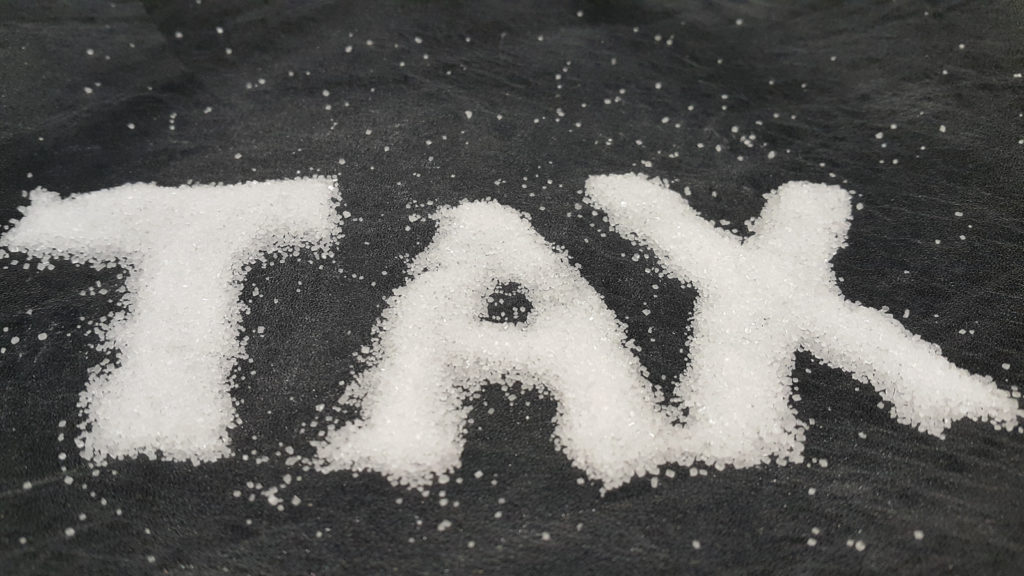Blog
British MPs back sugar tax
Some good news over in the UK with a cross-party group of MPs having just released a report that recommends a tax on sugar. They believe there is now “compelling evidence” that it would reduce sugar consumption. The report says “bold and urgent” action needs to be taken to tackle childhood obesity in England.
The report also proposes restrictions on the way sugary products are promoted – with changes recommended in relation to advertising and marketing including a crackdown on cartoon characters being used to sell things like breakfast cereal.
The British government will publish its child obesity strategy early next year and has so far said that a tax on sugar is not something it would support.
Here are some other recommendations by the committee:
- A crackdown on price promotions of unhealthy foods.
- Tougher controls on marketing, including the use of cartoon characters to promote unhealthy food.
- A ban on advertising unhealthy foods on television before 21:00.
- Clearer labelling of products showing sugar content in teaspoons.
- A drive to force industry to reduce sugar in food and drink as has happened with salt.
In the UK, sugary drinks are the single biggest source of sugar for 11 to 18 year olds. They get between 12% and 15% of their energy from sugar, but official recommendations say it should be less than 5%.
The committee pointed to evidence from Mexico where a tax on sugar-sweetened drinks of 10% has been introduced – resulting in a 6% reduction in consumption.
The report comes just a month after a review by Public Health England, which also backed similar measures.
TV chef Jamie Oliver has also called on ministers to introduce a tax on fizzy drinks, saying it is the “single most important” change that could be made.
The committee is up against some tough opponents including Food and Drink Federation director general Ian Wright who said their report was “disappointing”.
“As a result of the arbitrary new tax recommended by the committee, which, if introduced, would inevitably be increased year-on-year and extended to other foods, would leave consumers paying significantly more, every week, for the products they love.”
Mr Wright…we think your comments are disappointing!
Follow the link to read the full article.












